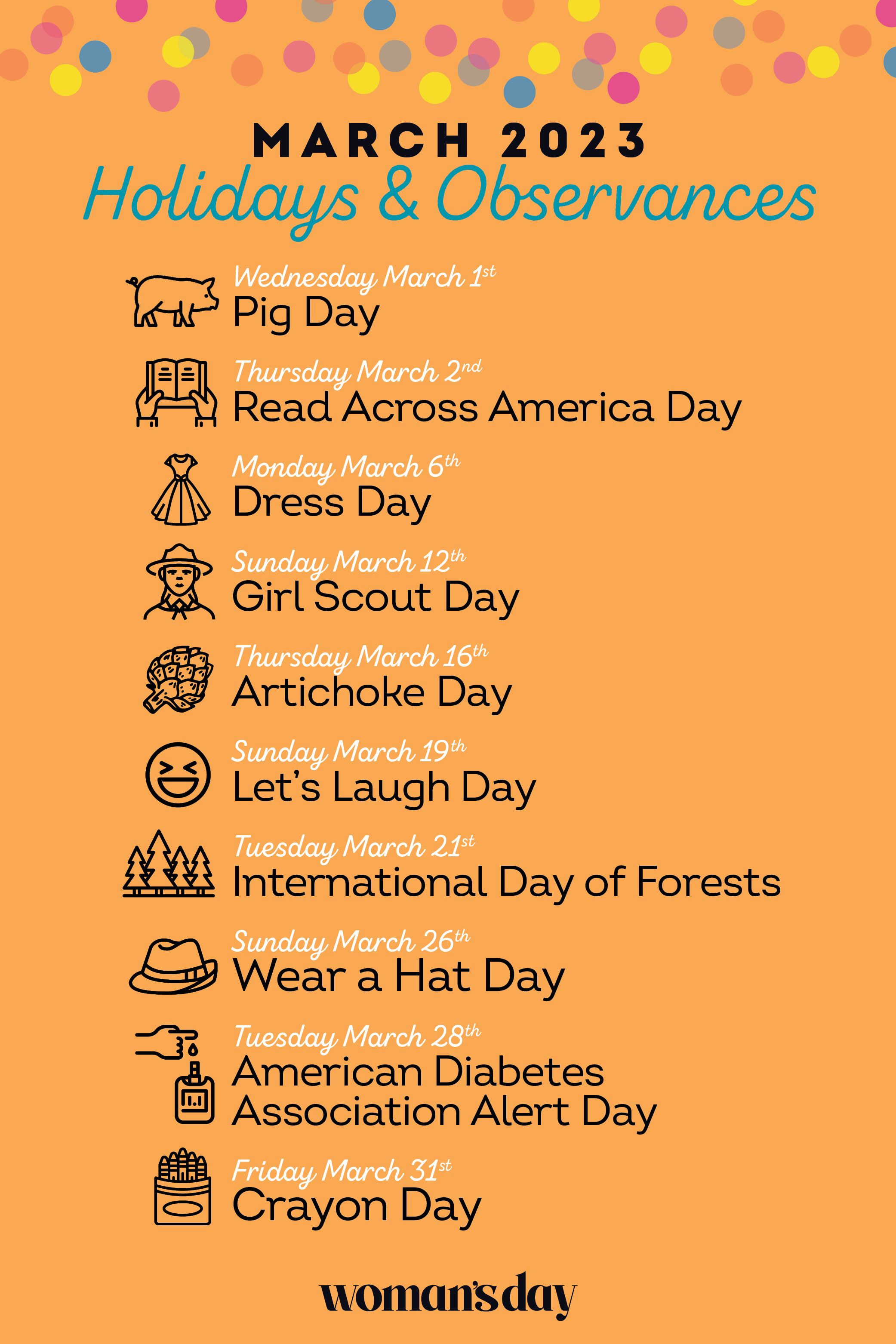What Holiday Is on December 3rd? Discover the Meaning of the Date
As December approaches, an air of festivity envelops the world. Among the numerous occasions observed throughout the month, December 3rd holds significance attributed to a variety of historical events and cultural celebrations. This article delves into the meaning behind this multifaceted date, illuminating both its contemporary relevance and its historical underpinnings.
December 3rd is internationally recognized as the International Day of Persons with Disabilities. Established by the United Nations in 1992, this day aims to promote the rights and well-being of individuals with disabilities. The observance encourages public and private sectors alike to reflect on each person’s potential and capabilities. By fostering a culture of inclusivity, society can move towards eradicating the stigma and discrimination that historically have plagued individuals with disabilities.
The significance of the International Day of Persons with Disabilities rests upon several foundation stones: empowerment, access, and advocacy. Globally, the day serves as a rallying point for initiatives that address the barriers faced by people with disabilities. These barriers can manifest physically, socially, or economically; overcoming them requires systemic change and community support. On this day, discussions and events encourage collaboration among stakeholders, including governments, NGOs, and activists, to redefine how society perceives disability.
Further, December 3rd is not solely a celebratory date in the context of visibility and advocacy for disabled individuals. It is a critical moment to reflect upon the United Nations Convention on the Rights of Persons with Disabilities, adopted in 2006. This treaty has galvanized countries to adopt laws and policies that nurture inclusiveness—strategies which integrate disabled individuals into all facets of life, from education and employment to sports and recreation.
While many individuals tune into this significant international observance, it is essential to recognize that December 3rd was historically notable for various reasons beyond disability advocacy.
In the annals of history, significant events have aligned with this date. For example, on December 3, 1800, the United States witnessed a key meeting of the Continental Congress in Philadelphia, which was instrumental in shaping the early governance of the nation. Fast forward to 1910, and December 3rd also saw the birth of the American artist and sculptor, John Charles Thomas, who would later impact American art and culture through his innovative works.
Moreover, December 3rd is significant in the realm of scientific discovery. It marks the day in 1888 when psychiatric pioneer Emil Kraepelin published his seminal work on psychiatric disorders. His legacy is monumental, as he laid the groundwork for modern psychiatry by introducing the classification system that distinguishes various mental health conditions, profoundly influencing how we understand and approach mental health today.
In tandem with these historical markers, there are also cultural celebrations observed on December 3rd that bind communities. For instance, in certain regions, December 3rd may coincide with specific local festivals celebrating cultural heritage, often rich with diverse traditions, gastronomy, and music, enriching the collective experiences of those involved.
The myriad meanings and celebrations associated with December 3rd compel us to explore its potential as a revolutionary date. It emphasizes the importance of intersectionality in understanding the experiences of individuals, particularly those with disabilities who navigate not just physical environments but also social landscapes mentored by equity.
So as the calendar page turns to December 3rd, take a moment to consider its multiple narratives: the call for advocacy and awareness for individuals with disabilities, the remarkable historical milestones, and the cultural celebrations that honor heritage and community. The date is more than a mere marker on a calendar; it is a call to action—a reminder that we each have a role to play in fostering inclusivity, celebrating diversity, and championing the rights and dignity of every individual.
You May Also Like
Best Fish to Catch in Australia: A Guide for Anglers
Australia boasts an extraordinary diversity of fish species, making it …
Emily Bay Norfolk Island: A Hidden Gem in the Pacific
Emily Bay, a picturesque enclave nestled on the sun-kissed shores of …
Holidays on August 23: Global Festivities & Observances
August 23 is a date that carries a bouquet of cultural significance …




